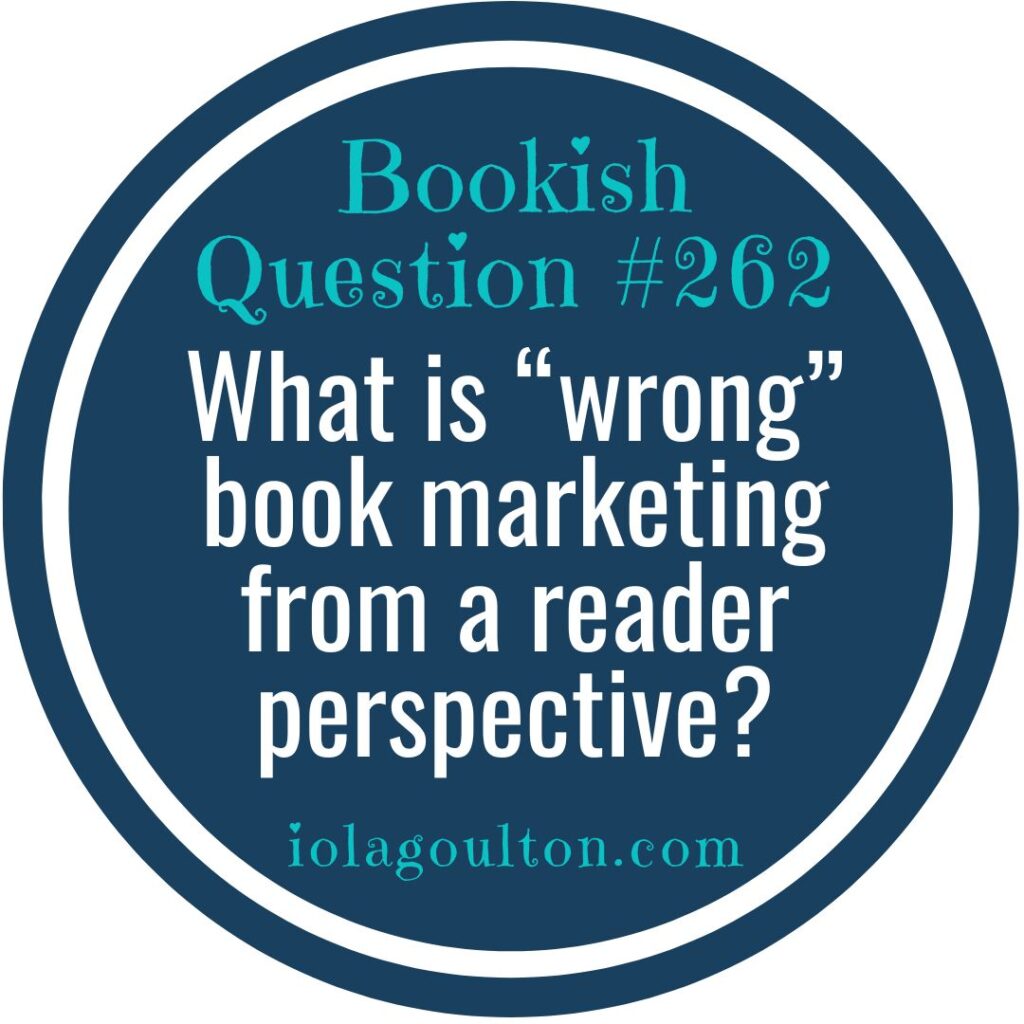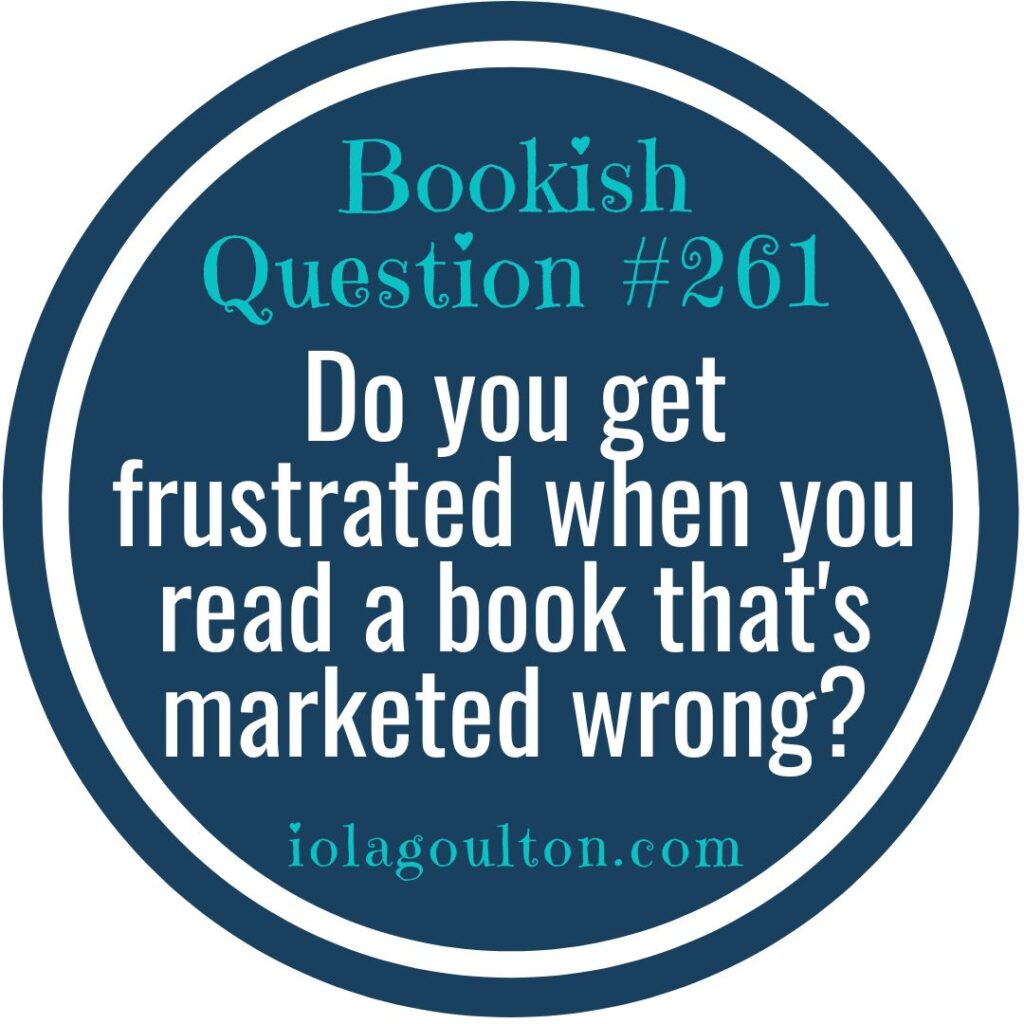My degree is marketing, and while I’ve never worked in marketing in a professional capacity, it’s a subject I’ve always had a keen interest in.
My first comment about book marketing is that authors defined “marketing” too narrowly.
Marketing is about more than advertising and promotion.
Marketing starts with the product: having a good book (so that’s about plot, characters, genre, writing, and editing). It’s about packaging that book in a format readers want (paperback, eBook, audio), and selling the book somewhere readers can find it (place) at a price they are willing to pay.
Once an author has got the basics right, they can start thinking about book marketing in the sense of advertising.
Even that has two aspects: promotion (actively advertising your book to new readers) and platform (passive marketing via a website or other online locations that are ‘set and forget’).
I see several groups of authors who get marketing wrong.
One group takes the scattergun approach:
Mention spam their book online all day, every day, posting in as many Facebook groups as possible and filling their Twitter feed with self-promotion. While this approach might have worked in the early days of social media, there are issues with this approach:
- If the Twitter (or other social media algorithm) sees posts that aren’t getting any engagement, they will stop showing those posts to followers. No views = no readers.
- The Facebook groups that permit this kind of “hit-and-run” promotion have nothing but promotion, so there are no readers left in those groups. No readers = no sales.
- Many social media networks no longer show posts that are obviously self-promotion. Instead, they show paid advertisements. Why would they show free promotion when they can show paid promotion?
Another group subscribes to the “Field of Dreams” marketing mantra:
If you build it, they will come. No, they won’t. You can build the best mousetrap (write the best book) in the world, but if you don’t tell people about it, they can’t buy it. (And if they don’t need a mousetrap, they won’t buy it even if you do ell them about it). I see a lot of authors writing and publishing in genres that don’t get a lot of reader interest (e.g. poetry and memoir).
The final group subscribes to all the marketing theories …
Although they often forget the one that says “start with a great book”. A “great book” is subjective, but there are a lot of signs of a not-great book (bad cover design, spelling errors in the advertising copy, bad editing etc).
They have a website, they get on social media, they start a newsletter. They write lots of social media posts and send lots of long newsletters and and and …
And it’s all too much.
It makes me tired. Perhaps it’s because this is the end of a long year (long three years?). Perhaps it’s that I don’t have the attention span. Perhaps it’s because I don’t have the capacity to take everything in, but it’s too much.
Of course, what’s too much for me isn’t too much for someone else (and might not be enough for some people).
One newsletter a month might not be enough … but three in a week is too much.
So that’s what I find many authors get wrong with book marketing (from a reader perspective): sometimes it’s focusing on the wrong thing (advertising) and sometimes it’s just too much.


